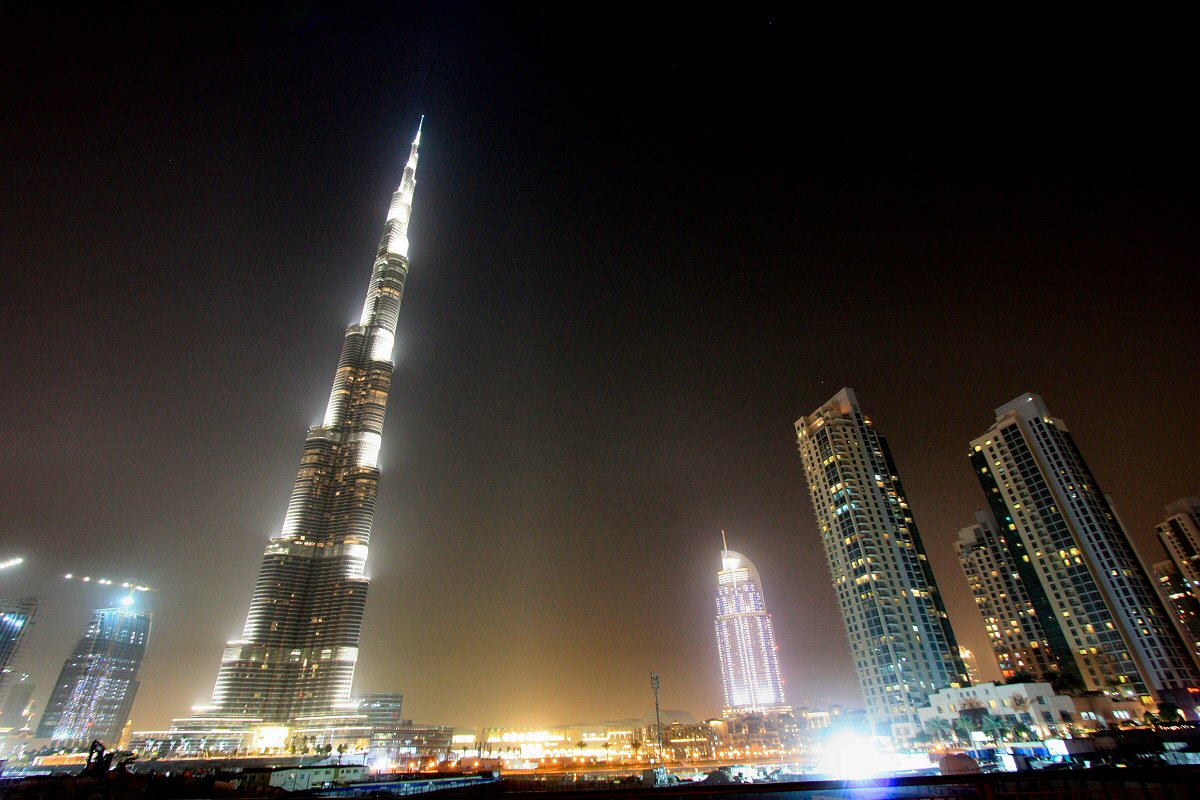Take for example the United Arab Emirates. Its GDP per capita is incredibly high, especially when compared to the poverty experienced by many other countries in the greater middle east. The IMF ranks it sixth in the world for GDP per capita (compare it to Ireland's #12th place).
I believe the main reason why it is so prosperous is because it is relatively peaceful - it even beats France in the Global Peace Index. This results in a fairly low amount of money being spent on arms that hinder the prosperity and development of the country. This is unusual for a country in the region, because generally the valuable resources such as oil or water generate tension or wars. Also, it has a coast line, so this helps it to export its massive amounts of valuable natural resources.
Dubau and Abu Dhabi, cities in the UAE are widely considered to be the richest cities in the world, having the highest average income per person. 85% the country's income is from the sale of natural resources such as petroleum, gas and oil. Dubai, however, relies on tourism and shopping instead for its income. They are able to afford some spectacular things. I found it extremely worthwhile to browse some images of the structures they have there, which can be found here.
Here are some I found to be quite notable:
Zayed National Museum

The Burj Khalifa, tallest skyscraper in the world (almost seven times as high as the spire!)

The Palm Islands

The Burj Al-Arab, world's only seven star hotel


